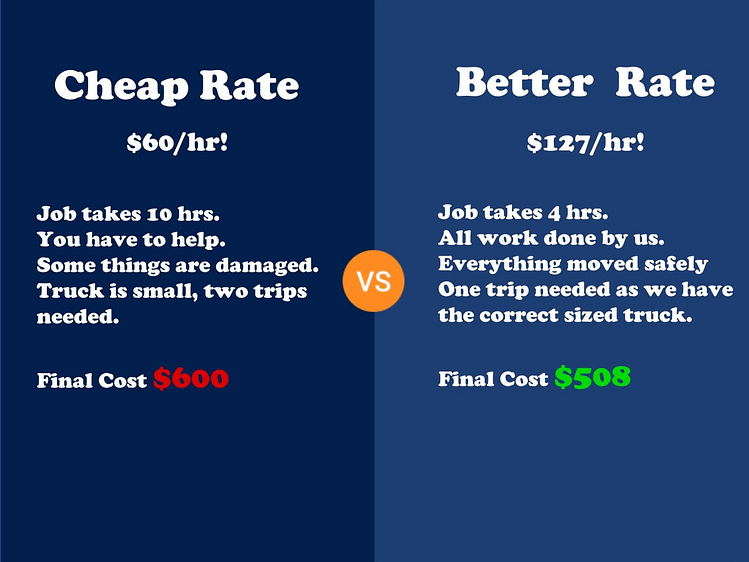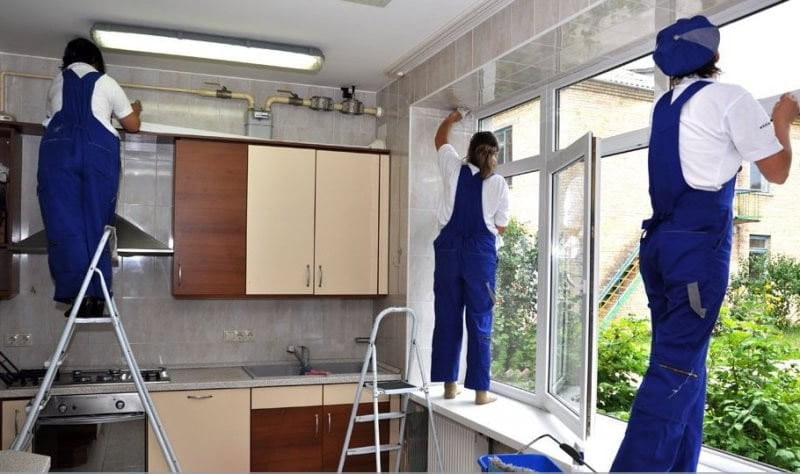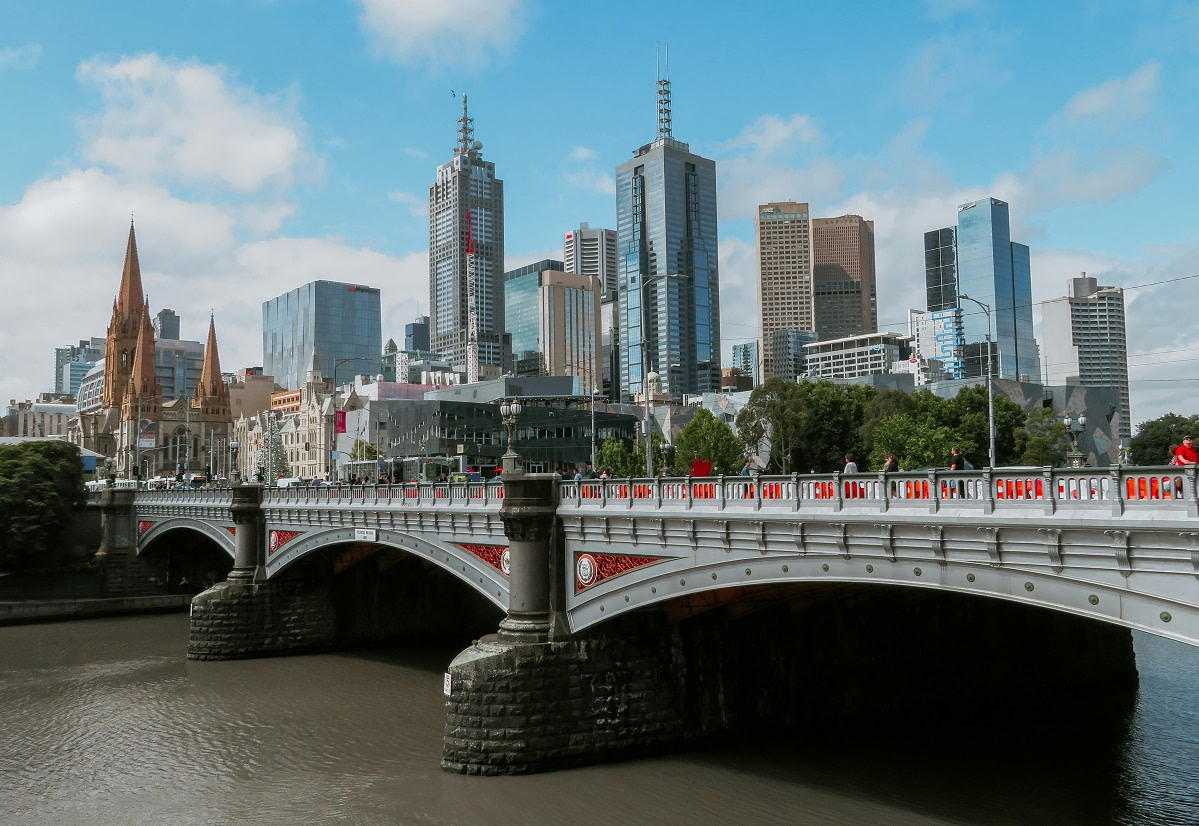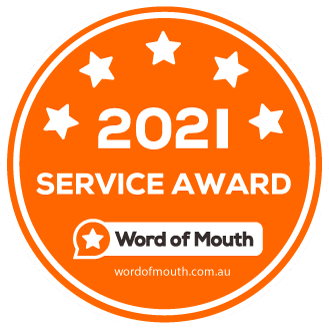Last Updated on September 1, 2023 by Vlad Stoikovich
Are you preparing for a move and wondering how to avoid any unexpected expenses? Moving house can come with a variety of hidden costs that can take a toll on your budget. In this article, we’ll guide you through the process of identifying these hidden costs and provide you with practical advice on how to budget wisely, ensuring a smooth and stress-free moving experience.
1. Cost of Hiring Professional Movers
When planning a move, one of the major expenses to consider is the cost of hiring professional movers. The price can vary greatly depending on factors such as the distance of the move, the size and weight of your belongings, and the level of service required.
It’s essential to obtain multiple quotes from different moving companies to find the most competitive rates and services. Keep in mind that some companies may charge additional fees for packing materials, disassembling/reassembling furniture, or moving specialty items such as pianos or pool tables. Hrly rates can be deceptive as cheap rates usually mean a much longer move. Check the estimated cost of the total move, not the hrly. rate.
 To save on costs, consider doing some tasks yourself, like packing and disassembling furniture.
To save on costs, consider doing some tasks yourself, like packing and disassembling furniture.
Lastly, don’t forget to factor in insurance coverage. Some moving companies include basic insurance in their fees, while others may offer it as an add-on. To protect your belongings, it’s advisable to review your home and contents insurance policy and check if it covers your items during the move. If not, you may need to purchase additional coverage.
2. Packing Supplies and Services
When planning a move, budget for packing supplies and services. Packing supplies include boxes, packing tape, bubble wrap, packing paper, and other materials needed to safely pack and transport your belongings. You can find affordable packing materials at our online shop here “Packing Supplies”
If you prefer to have professionals handle the packing process, many removal companies offer packing services at an additional cost. To save money, consider packing non-fragile items yourself and hiring professionals for delicate items like glassware and electronics. Compare quotes from different companies to find the best deal. The Australian Furniture Removers Association (AFRA) is a great resource for finding reputable movers in your area.
Remember to add the cost of packing supplies and services to your overall moving budget. This will help you avoid unexpected expenses and ensure a smoother, stress-free move.
3. Transportation Expenses
The price of your move is dependent upon more than just how much you have to move, it’s also impacted by how far you have to move it. In some cases such as cross-country or international moves, it’s cheaper to take the essentials, and start from scratch. If your move is within the same city, likely this is not the case, but a move down the road, and move to the other side of the city will still come with different pricing.
If you are short on money but have a licence, and time, consider a combo move. Hire HomeMove to move your large items – the stuff you really can’t manage yourself, then hire a trailer and move the rest yourself.
This works best if your move is not over too long a distance. A 45-minute drive from your old to new home might not seem much, but if you have to do it 4 times, that’s 6 hrs. You might have been better working that 6 hrs, and instead paying for a removalist to move the lot in much less time.
4. Utility Connections and Disconnections
Moving also means connection, and sometimes disconnection fees/bond return. These include electricity, gas, water, and telecommunications services. The fees for these services can vary depending on your location, provider, and the type of connection required. Shop around for deals. If you are moving every year, these fees certainly add up.
If you’re moving within the same utility service area, you may only need to pay a small disconnection and reconnection fee. If you’re moving to a different service area or state, you may need to pay for a new connection. To save money, research and compare utility providers in your new area, as some may offer discounts or waive fees for new customers. A useful resource for comparing energy providers in Australia is the Australian Government’s Energy Made Easy website.
In all cases we recommend you:-
- Notify your current utility providers of your move well in advance to avoid late fees or service disruption.
- Research and compare utility providers at your new location, considering factors such as price, customer service, and green energy options.
- Arrange for utility connections at your new home prior to moving day to ensure a smooth transition.
Being aware and prepared for utility connections and disconnections can help you budget wisely and avoid unexpected costs during your move.
5. Cleaning and Repairs
Cleaning and repairs are almost always underbudgeted for. Everyone thinks they will have time to do a deep clean themselves, be able to tidy up a somewhat overgrown garden and fix those damaged shades. Often, it’s not the case. Both your current and new homes may in the end require professional services, which can add to your overall moving budget.
Before vacating your current property, deep cleaning is usually necessary to ensure that you leave it in a satisfactory condition for the next occupant or to meet the requirements of your rental agreement. This may involve hiring a professional cleaning service, which can range from $200 to $400 depending on the size of your home. (source)
- Repairs are another hidden cost to consider. Your current home may need minor fixes, such as patching holes in walls or replacing broken fixtures before you move out.
- Similarly, your new home may require repairs or improvements before you move in. This could include fixing electrical issues, plumbing problems, or even repainting rooms. Sure, many will be your landlord’s responsibility, but if you want them done quickly, you may end up having to organise them, and pay for them (at least at first) yourself.
 6. Storage Fees
6. Storage Fees
Storage fees can accumulate if you need to store your belongings temporarily during the moving process. These fees are typically charged on a monthly basis, and the cost will depend on the size of the storage unit, location, and duration of the rental. HomeMove provides affordable, managed secure storage but best to minimise your storage fees by timing moves and move-ins to be as close together as possible.
To reduce storage fees, consider decluttering before your move and only storing necessary items. You can also explore alternative options like storing belongings with friends or family members. (Though beware of friends and family getting too attached to your things, and not rushing to give them back!)
7. Change of Address Fees
Moving to a new home means a change of address, and this process can come with associated fees. Many institutions, such as banks, utility providers, and government agencies, may require a fee to update your records. These fees can add up, so it’s essential to consider them when budgeting for your move.
One way to avoid incurring multiple fees is to use the Australia Post mail redirection service. For a single fee, you can have your mail forwarded to your new address for a specified period, allowing you to update your details with various institutions at your convenience.
To further minimise costs, make use of online resources such as the Service NSW Change of Address portal, which allows you to update your address with multiple government agencies in one go. Additionally, check with your utility providers for any discounts or waivers they may offer for change of address notifications.
8. Unexpected Expenses and Contingency Planning
Moving to a new home can be an exciting journey, but sometimes not everything goes to plan. Unexpected costs can arise from various sources such as unforeseen repairs, utility connection fees, and even replacing lost or damaged items during the move.(Editor’s note- we mean this hypothetically. Its not going to happen if you move with HomeMove.)
To avoid financial stress, create a contingency fund that accounts for at least 5-10% of your moving budget. This will cover any unplanned costs and ensure that your move goes as smoothly as possible. Researching and understanding the potential hidden expenses to avoid unwanted surprised. For example, be aware of any government fees or charges that may apply to your move, such as stamp duty, and include them in your budget.
Moving is almost always stressful and involves more than was planned. Expect the unexpected, research all possible hidden costs and having a contingency plan/budget is the path to at least minimising any unplanned hassle and drama.
And hire HomeMove of course!

Vlad Stoikovich is the General Manager of HomeMove, with more than twenty years in the Melbourne removalist industry, you won’t find anyone with more experience or greater integrity.






